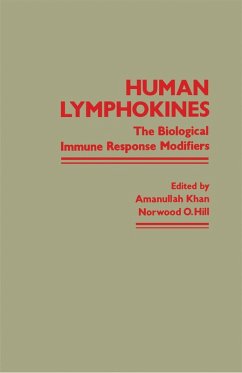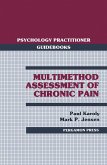This volume is organized into six sections encompassing 56 chapters and begins with an overview of assay systems, touching on topics such as the activation of macrophages by interferon to produce plasminogen and macrophage activation by lymphokine factors. The next sections turn to the production, purification, and biological and chemical characterization of lymphokines. The discussion then shifts to the mechanisms of action of lymphokines in vitro and the use of animal models in lymphokine investigations, including lymphokine fractions in a mouse tumor model and enhancement of natural killing activity by different types of interferon. A great deal of emphasis is placed on macrophage migration inhibitory factor, lymphotoxins, gamma interferon, and interleukins. The book concludes with chapters devoted to the immunoregulatory effects of lymphokines and clinical studies.
Dieser Download kann aus rechtlichen Gründen nur mit Rechnungsadresse in A, B, BG, CY, CZ, D, DK, EW, E, FIN, F, GR, HR, H, IRL, I, LT, L, LR, M, NL, PL, P, R, S, SLO, SK ausgeliefert werden.









